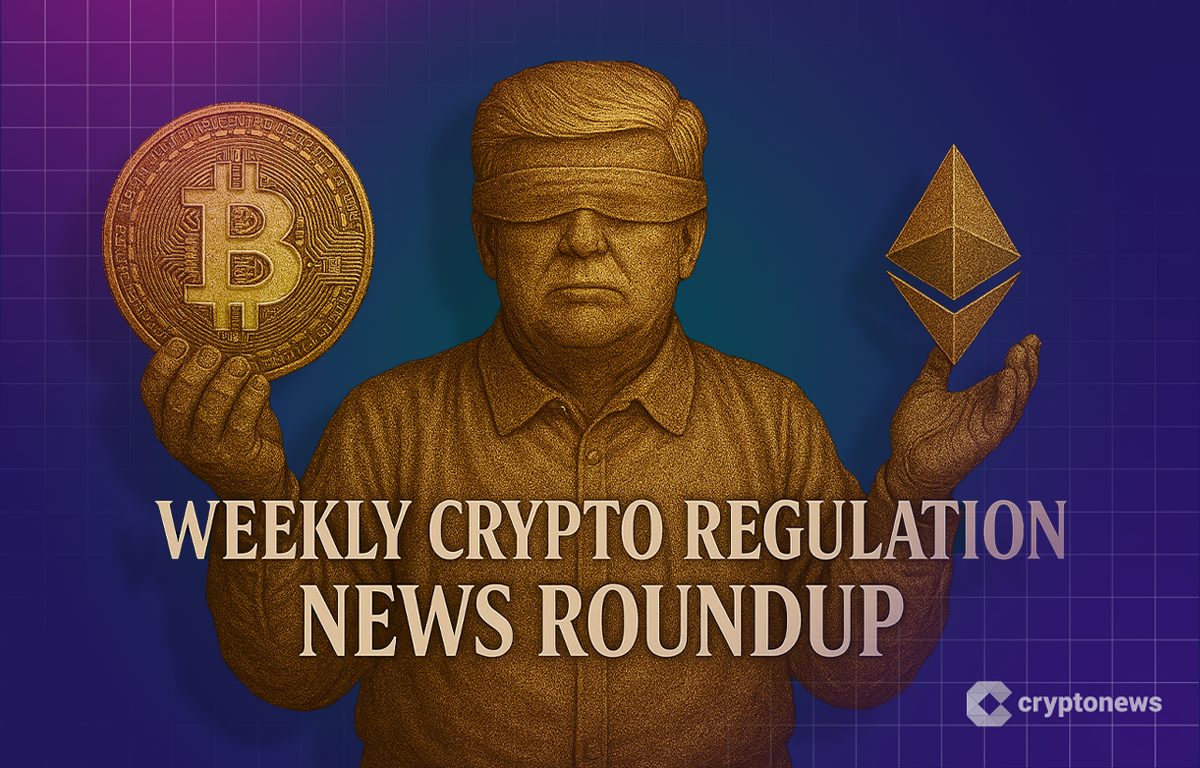DDC announces $100m Bitcoin treasury partnership with Animoca Brands
DDC Enterprise Limited, an e-commerce firm best known as a leading Asian food company listed on the New York Stock Exchange, has announced a $100 million strategic partnership with web3 company Animoca Brands.
The companies said in an announcement that they had signed a non-binding memorandum of understanding that will see DDC tap into a $100 million allocation to advance Animoca Brands’s Bitcoin (BTC) strategy. NYSE-listed DDC will help develop and implement strategies via which Animoca Brands can optimize its yield from the Bitcoin assets it holds.
The announcement comes a few days after DDC revealed a major investment plan targeting Bitcoin, and its deal with Animoca Brands will boost this effort, the companies noted in a press release.
As part of the collaboration, DDC is tapping Animoca Brands co-founder Yat Siu to join its Bitcoin Visionary Council. Yat will work with the entity to offer guidance and leadership aimed at bolstering the web3 platform’s Bitcoin treasury.
Bitcoin companies on the rise
DDC Enterprise has recently adopted Bitcoin as a core reserve asset, and is eyeing the same aggressive accumulation strategy that has catapulted companies such as Metaplanet into one of the top corporate holders of BTC.
This comes as the number of publicly traded companies adding Bitcoin to their balance sheets swells. Many have drawn inspiration from Strategy, formerly MicroStrategy, a U.S.-based publicly traded firm that, as of June 30, 2025, held 597,325 BTC acquired for over $42 billion.
According to data tracking corporate Bitcoin treasuries, public companies scooped up 131,000 bitcoins in the second quarter of 2025, representing an 18% increase in Bitcoin held on balance sheets. Corporate Bitcoin holdings stood at over 847,000 BTC at the end of the second quarter.
Meanwhile, the market saw an 8% rise in spot Bitcoin exchange-traded funds, or about 111,000 BTC, during the same period.
This institutional embrace has combined with other catalysts to propel BTC price to record highs, with the bellwether digital asset breaking to above $118k.
You May Also Like

The future of work is AI-powered. Decentralization makes it fair | Opinion

A whale once again bet on BTC with high leverage, having previously lost more than $6 million on the contract
